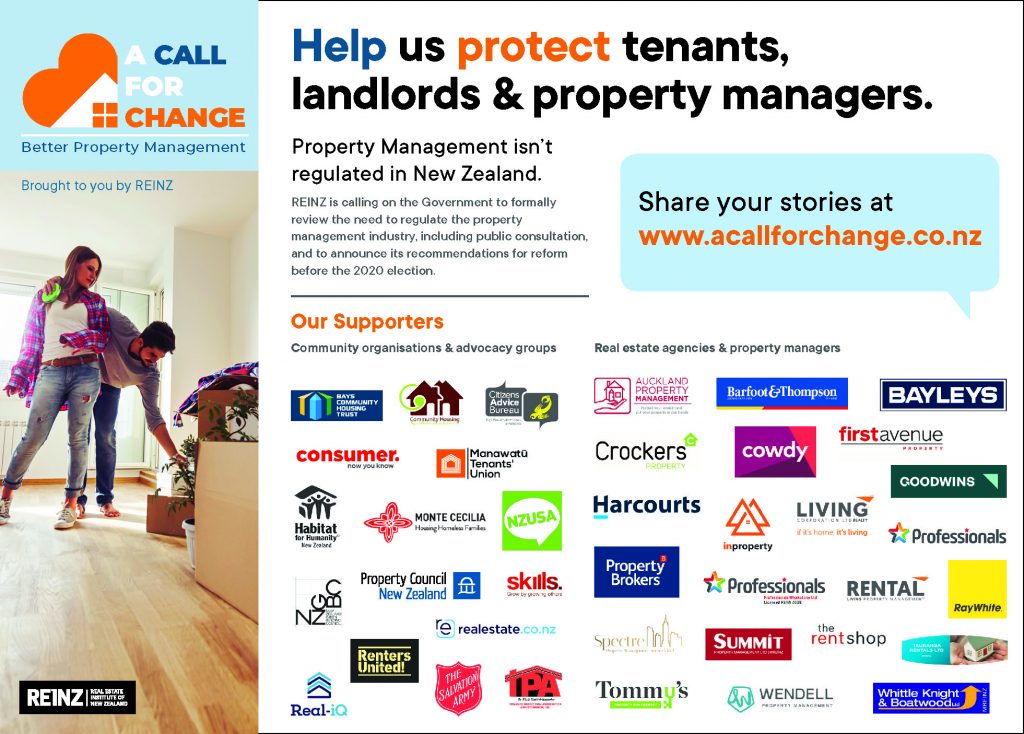If there’s a hair in your food, you generally will tell the waiter at the restaurant you’re in. The waiter will then dutifully, and gladly, take the food back and replace it with a better, more hygienic meal. There’s a chance, depending on how much of a fuss you kick up, that you’ll even get some money off the bill at the end of it all. Likewise, if you order a red t-shirt on the internet and a green dress turns up, you can send it back and they’ll replace it with something that you actually paid for. You see, the reality of it is, as a consumer you have a right to receive the kind of service that you pay for, and can reasonably expect. So why is it then that in almost every industry except property management, you can expect these things?
Why is property management the exception to the rule, where if you end up with bad service, it’s just bad luck? Tommy’s is exceptionally proud to join a wealth of property management companies throughout the country who have been brave enough to stand up and ask for better within the industry. “A call for change” is a movement from within the industry leaders who are fed up with seeing the industry bought into disrepute as a result of poor property management regulation. The call for change entices government to include reforms to the property management space in their campaigns for the 2020 election.

You don’t need to look too far amongst property investors to find someone who has had a bad experience with a property manager. Poor responses to maintenance, lazy tenant checking and ‘bodge job’ fixes have unfortunately become the industry norm throughout New Zealand. As a property investor, entrusting your biggest asset to someone unknown to look after is a huge commitment when this results in disappointing and potentially very costly outcomes for a property investor, it inevitably gives the property management industry a bad name. Real estate itself is regulated by a governing body, so the call for change asks for transparent guidelines regarding the expected behaviour of property managers, and clear sanctions for those who “let the side down.” The tenancy tribunal itself simply isn’t enough. By having licensing, or a mandatory set of rules and regulations to abide by, property investors could sleep easier at night, ensuring that their property would be maintained to a high standard, and they could rely on their property manager to act professionally throughout.
Similarly, for tenants, you only need to read one thread on social media to discover the spades and spades of disgruntled prospective tenants on a house hunt, underwhelmed by both the performance of property managers, private landlords and the sub-standard quality of housing in New Zealand. The regulation would see tenants receive a more transparent approach to acquiring accommodation as well as an increase in the quality of housing provided.
Surely however, if the industry was regulated, this would result in an increased cost for landlords and tenants right? Well, you’d be surprised. For the most part, property managers throughout the country are already performing to an exceptionally high standard. The purpose of the legislation would not be to make it harder for those who are already setting a high quality, standard but rather to eliminate the cowboys from the industry and make the industry better value for money. On the whole, this would result in only a small cost to landlords which they could pass onto tenants, resulting in no real changes in rental prices across the country. Where rents, and consequently tenants, may be impacted however, would be if the regulation extended to private landlords.

Currently, out of the 135,000 registered landlords in New Zealand, a large majority choose to manage their own property. Should the legislative change result in private landlords being required by law to be licensed, then this would involve a cost of some description. Landlords would either have to have their property managed by a property manager or incur the cost of training courses and licensing which could conceivably be passed on to the tenant. It would be up to the government to ensure that this fee was not so large that landlords felt required to recover it as a cost through the rental price each week.

The reality is that for most, change will not affect them massively. However, for those involved in the industry, whether as a client of a property management company, a tenant, or a property management company themselves, it will allow everyone to sleep easier, knowing that the industry standards are being maintained, and those who challenge the name of the industry by bringing it into disrepute will be held accountable for their actions
To find out further how you may be impacted by the proposed scheme, or for any obligation-free advice on your rental property, feel free to give us a call anytime on 04 381 8604.